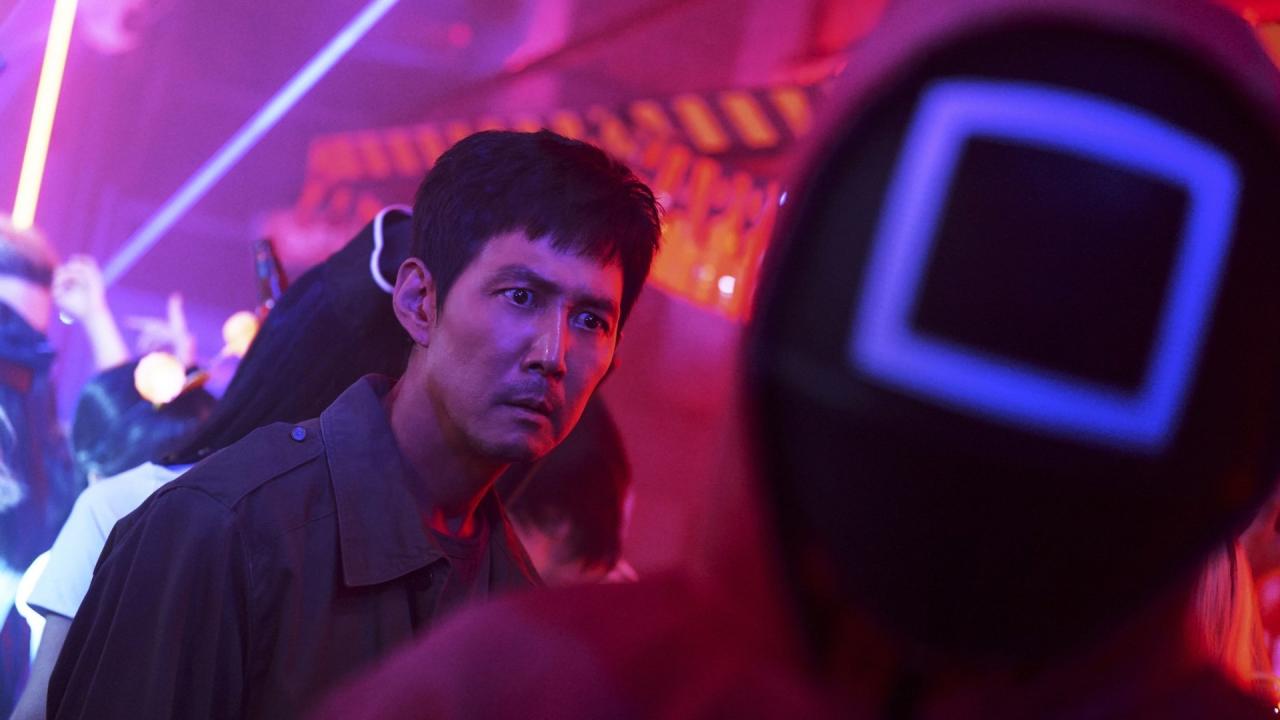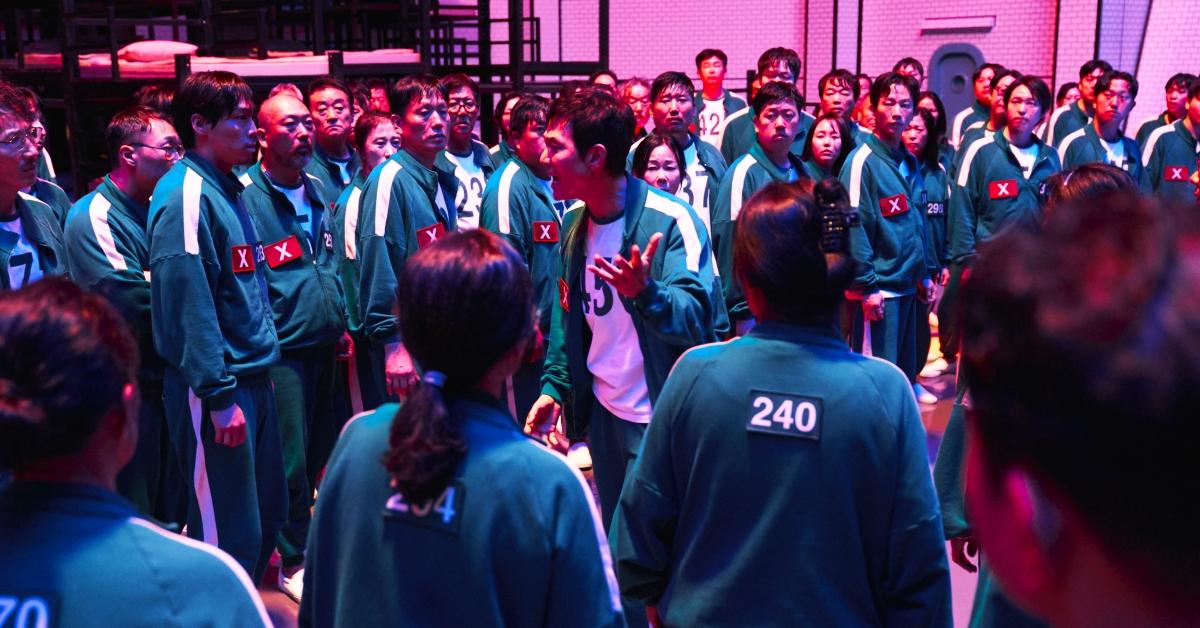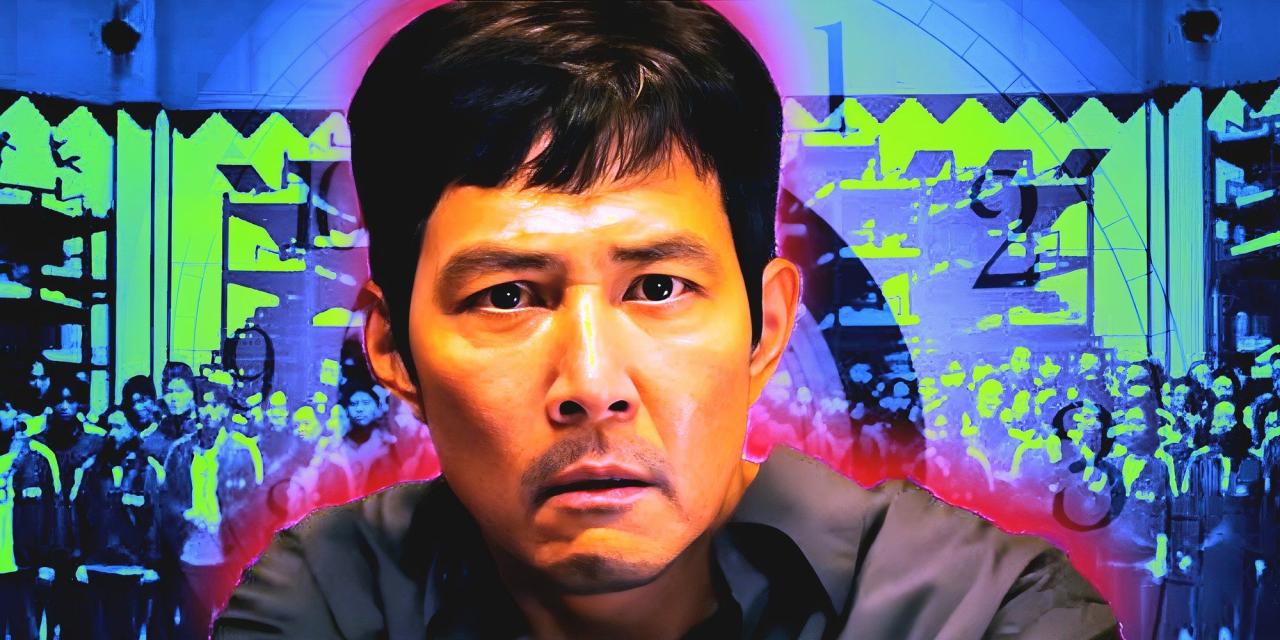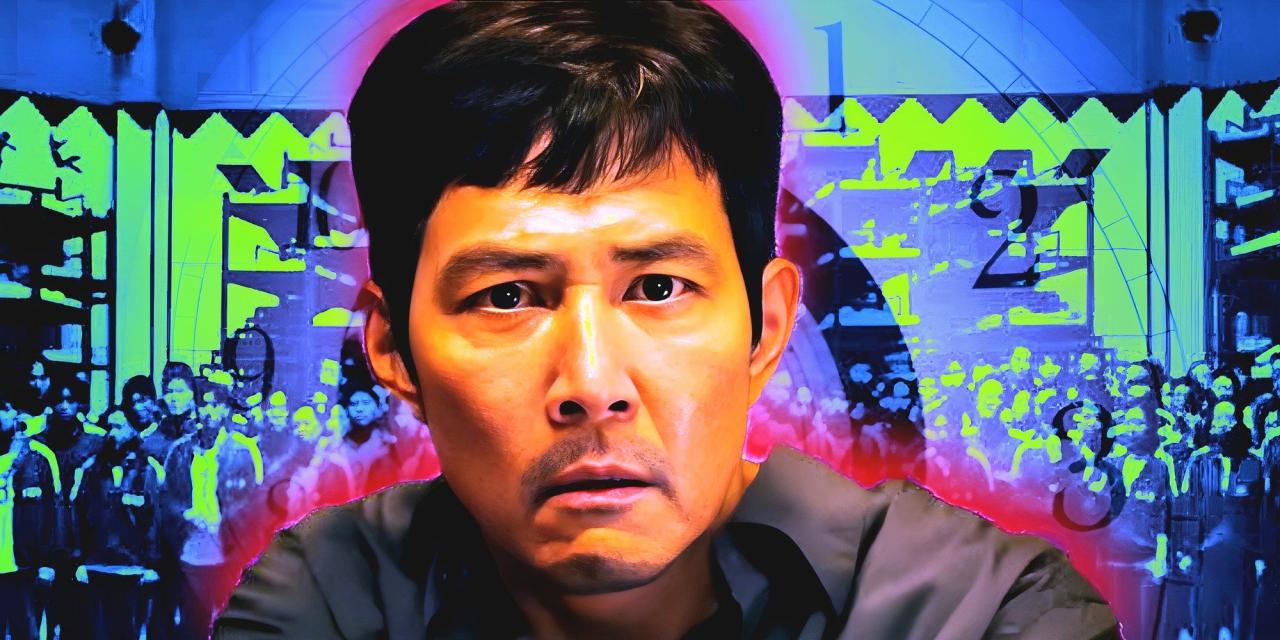Squid Game histoire vraie? The wildly popular Netflix series wasn’t just a thrilling watch; it sparked intense discussions about real-world issues. This exploration dives into the show’s inspiration, examining how the brutal games and desperate characters reflect societal inequalities, particularly concerning debt and the struggle for survival in modern society, especially in South Korea. We’ll uncover the true stories and societal pressures that mirror the show’s shocking premise.
We’ll unpack the cultural significance of the children’s games, tracing their origins and exploring how they function as powerful metaphors within the narrative. We’ll also analyze the show’s sharp critique of capitalism and its devastating effects on vulnerable populations. Finally, we’ll examine the global impact of “Squid Game,” considering its cultural resonance and lasting influence.
Squid Game: A Reflection of Real-World Issues: Squid Game Histoire Vraie
Netflix’s “Squid Game” captivated audiences globally, not just for its thrilling premise but also for its stark portrayal of societal issues. The show’s success lies in its ability to weave a compelling narrative around the harsh realities of debt, inequality, and desperation, making it a powerful commentary on modern-day struggles.
So, you’re curious about “Squid Game histoire vraie”? While the show’s fictional, the desperation it portrays sadly reflects real-world struggles. Think about the incredible spectacle of a chinese new year drone show ; the sheer scale and coordination involved is amazing. That kind of organized effort, though for entertainment, contrasts sharply with the chaotic desperation seen in “Squid Game,” highlighting the stark differences between planned spectacle and desperate survival.
It makes you think about the societal pressures that can lead to such extreme situations, doesn’t it?
The Inspiration Behind “Squid Game”: Real-World Parallels

The show’s depiction of crippling debt and stark societal inequality resonates deeply with the realities faced by many in South Korea and across the globe. The desperation of the characters, driven to participate in life-or-death games for a chance at financial freedom, mirrors real-life situations where individuals are pushed to the brink by economic hardship.
South Korea, known for its highly competitive and often cutthroat economic environment, experiences significant income inequality. Many individuals find themselves trapped in cycles of debt, with limited social safety nets. This mirrors the desperation depicted in the show, where characters are willing to risk their lives for a chance at escaping poverty.
Globally, the issue of debt and inequality is widespread. Many developing countries face similar challenges, with millions struggling to survive on meager incomes and burdened by debt. “Squid Game” serves as a potent visual representation of this global crisis.
| Game Name | Show Description | Real-World Parallel | Degree of Similarity |
|---|---|---|---|
| Red Light, Green Light | A childhood game where players must freeze when the doll turns around. | The pressure to conform to societal expectations and the consequences of failure. | High – The game’s simple rules hide a brutal consequence, reflecting the unforgiving nature of real-world competition. |
| Honeycomb Tteokbokki | Players must carefully carve out shapes from a honeycomb without breaking it. | The precarious nature of survival and the pressure to succeed in a competitive environment. | Medium – The challenge highlights the risk-taking involved in pursuing limited opportunities. |
| Tug-of-War | Two teams compete in a tug-of-war, with the losing team eliminated. | The struggle for power and resources in society, often pitting individuals against each other. | High – The game vividly illustrates the ruthless competition for survival. |
| Marbles | Players engage in a game of marbles, relying on skill and deception. | Trust and betrayal in human relationships, often exacerbated by economic hardship. | High – The game underscores the breakdown of trust and the desperation that leads to exploitation. |
The Games Themselves: Origins and Interpretations
The children’s games featured in “Squid Game” hold significant cultural relevance in Korean society, representing simpler times and shared childhood experiences. However, the show recontextualizes these games, transforming them into deadly competitions that expose the darker aspects of human nature under extreme pressure.
Many of these games have parallels in other cultures. “Red Light, Green Light,” for example, has variations in many countries, highlighting the universality of certain childhood games. However, the context and implications differ significantly in “Squid Game,” where the stakes are life or death.
- Red Light, Green Light: Symbolises obedience and the consequences of defiance against authority.
- Honeycomb Tteokbokki: Represents the fragility of life and the risk-taking involved in pursuing limited opportunities.
- Tug-of-War: Symbolizes the struggle for power and resources, often pitting individuals against each other in a zero-sum game.
- Marbles: Represents trust and betrayal, highlighting the desperation that leads to exploitation and manipulation.
- Glass Stepping Stones: Symbolizes the uncertain nature of life and the risks involved in taking chances.
- Squid Game: Represents the ultimate test of survival and the brutal nature of competition.
The Social Commentary: Debt, Capitalism, and Class Inequality

The show’s portrayal of desperation is rooted in the economic and social realities of a system that exacerbates inequality. High levels of household debt, coupled with limited social safety nets, force many into precarious situations, mirroring the circumstances faced by the “Squid Game” participants.
“Squid Game” critiques capitalism’s tendency to prioritize profit over human well-being. The games themselves are a grotesque parody of capitalist systems, where individuals are pitted against each other in a struggle for survival, with the wealthiest benefiting from the suffering of the poor.
The ethical implications of the games are profound, reflecting real-world systemic issues. The show compels viewers to confront the moral consequences of unchecked capitalism and the devastating impact of extreme inequality.
So, you’re wondering about “Squid Game histoire vraie”? While the show’s fictional, its themes of desperation resonate globally. Think about the scale of spectacle – it’s a far cry from the incredible visual artistry of the china new year’s drone show , which showcases a different kind of mass performance. But both tap into our fascination with large-scale events and the human stories behind them, making “Squid Game histoire vraie” a compelling question even without a direct real-life equivalent.
Visual Storytelling and Artistic Choices
The visual style of “Squid Game” is striking, employing a vibrant yet unsettling color palette. The stark contrast between the bright, almost childish colors of the games and the grim reality of the situation creates a jarring visual dissonance that underscores the show’s themes.
The set design is meticulously crafted, enhancing the narrative and emotional impact. The meticulously designed game sets, juxtaposed with the bleak and desolate surroundings, emphasize the artificiality of the games and the desperation of the participants. The cinematography effectively utilizes close-ups and wide shots to convey both the intimacy of individual struggles and the vastness of the systemic issues at play.
Consider the scene where the players are first introduced to the dormitory. The cramped, sterile environment, with its rows of identical beds and the constant surveillance, creates a sense of confinement and dehumanization. The muted colors and harsh lighting amplify the feeling of despair and hopelessness. The overall visual language effectively conveys the players’ vulnerability and their loss of individual agency.
Global Reception and Cultural Impact, Squid game histoire vraie
The global popularity of “Squid Game” can be attributed to several factors: its compelling narrative, relatable themes, and its exploration of universal human experiences. The show’s success transcends cultural boundaries, resonating with audiences worldwide who grapple with similar issues of economic hardship and social inequality.
While the show has been largely lauded for its social commentary, interpretations vary across cultures. Some viewers emphasize the show’s critique of capitalism, while others focus on the psychological aspects of human behavior under pressure. These varying interpretations reflect diverse cultural perspectives and societal contexts.
The show’s influence on popular culture has been significant. From fashion trends inspired by the characters’ iconic tracksuits to the proliferation of memes and online discussions, “Squid Game” has permeated various aspects of popular culture, solidifying its place as a significant cultural phenomenon.
Final Wrap-Up

Ultimately, “Squid Game histoire vraie” isn’t about whether the exact games exist, but rather the chillingly accurate portrayal of societal pressures. The show’s success lies in its ability to make viewers confront uncomfortable truths about economic inequality, desperation, and the systems that perpetuate them. By examining the real-world parallels, we gain a deeper appreciation for the show’s impact and its enduring relevance in a world grappling with similar struggles.
Helpful Answers
Was Squid Game inspired by a specific real-life event?
While no single event directly inspired “Squid Game,” the show draws inspiration from various real-world issues like South Korea’s high debt rates and societal pressures.
So, you’re curious about “Squid Game histoire vraie”? While the show’s fictional, the desperation it portrays sadly reflects real-world struggles. Think about the scale of those struggles – it’s almost like the breathtaking visuals of the shanghai new year drone show , but instead of celebration, it’s a stark reminder of inequality. The contrast highlights how easily things can go wrong, bringing us back to the core question of “Squid Game histoire vraie” and its unsettling relevance.
Are the children’s games in Squid Game actually played in South Korea?
Yes, many of the games are traditional Korean children’s games, although the deadly context is entirely fictional.
How accurate is the show’s portrayal of South Korean society?
The show exaggerates certain aspects for dramatic effect, but it accurately reflects the pressures of intense competition and economic hardship faced by some in South Korean society.
What is the show’s message?
The show critiques capitalist systems and highlights the desperation driven by economic inequality and the pursuit of survival.
